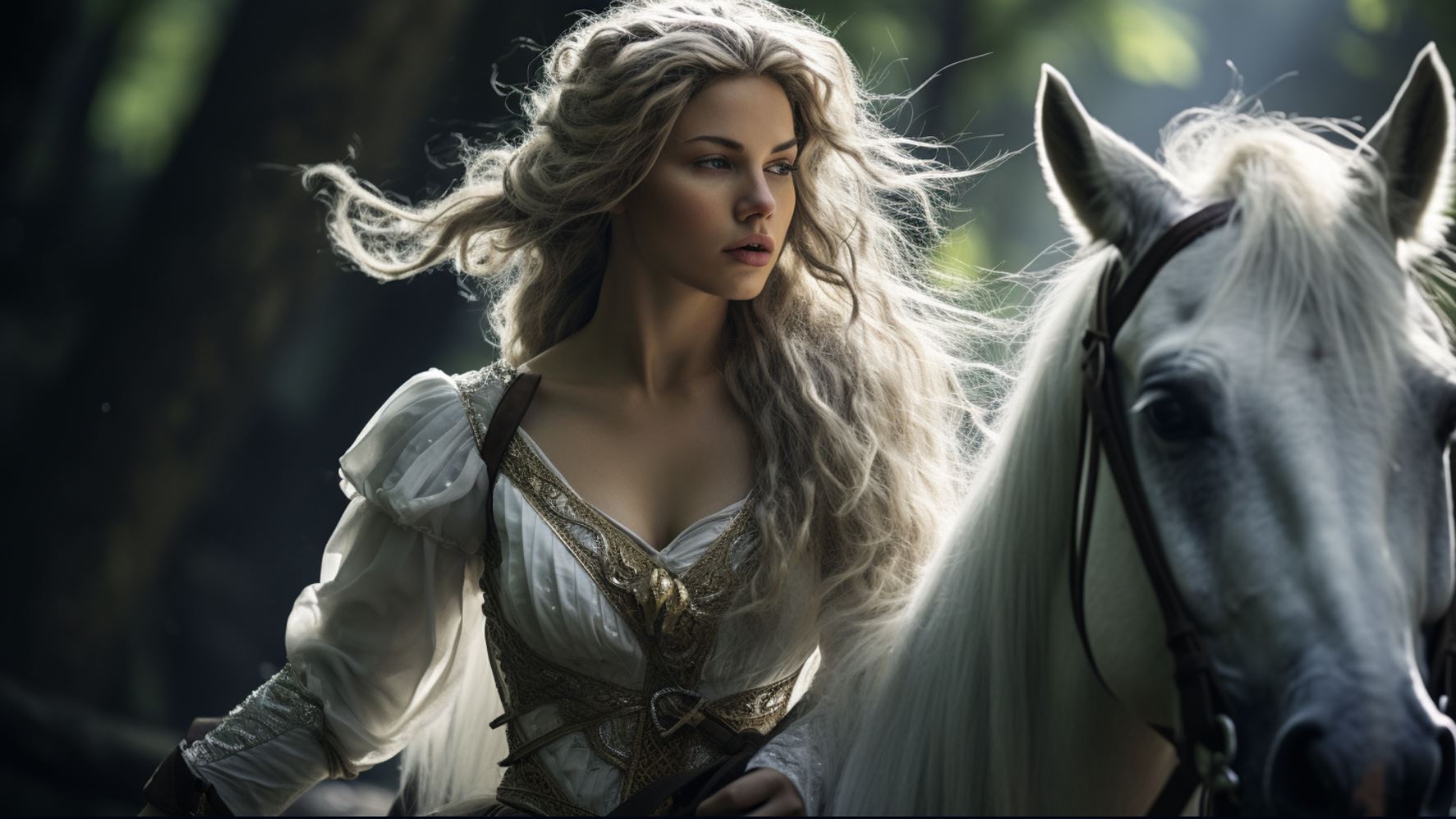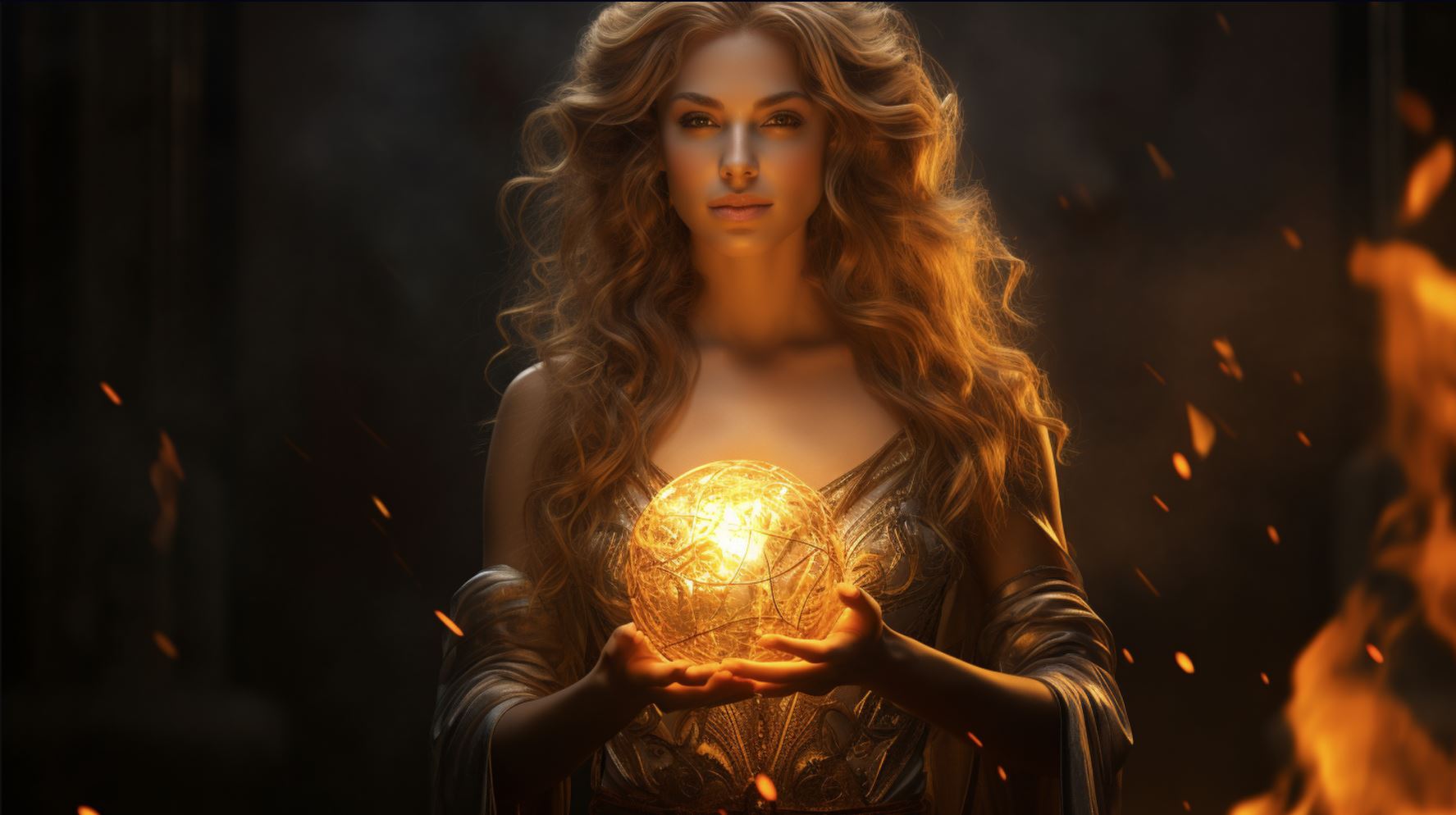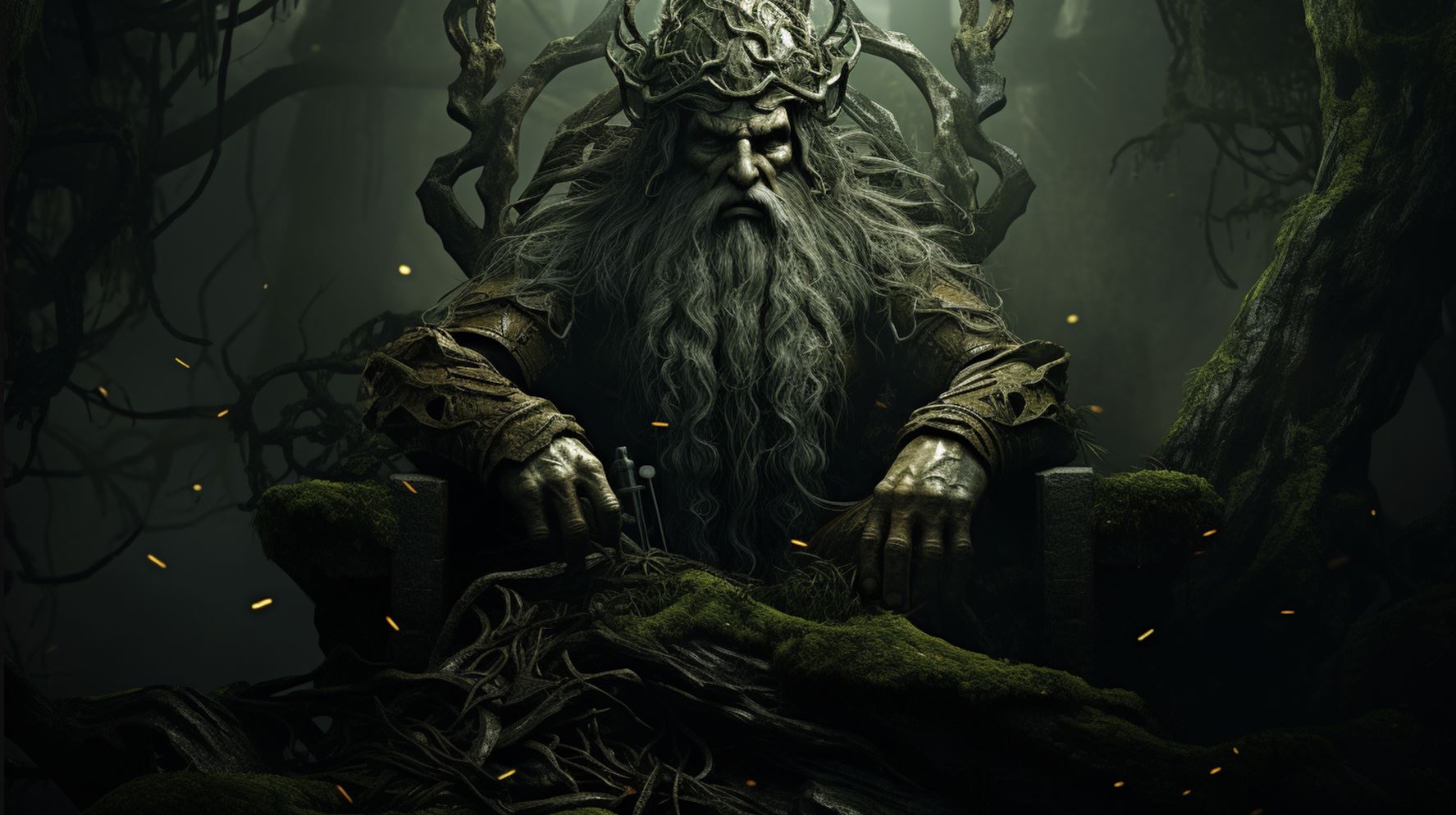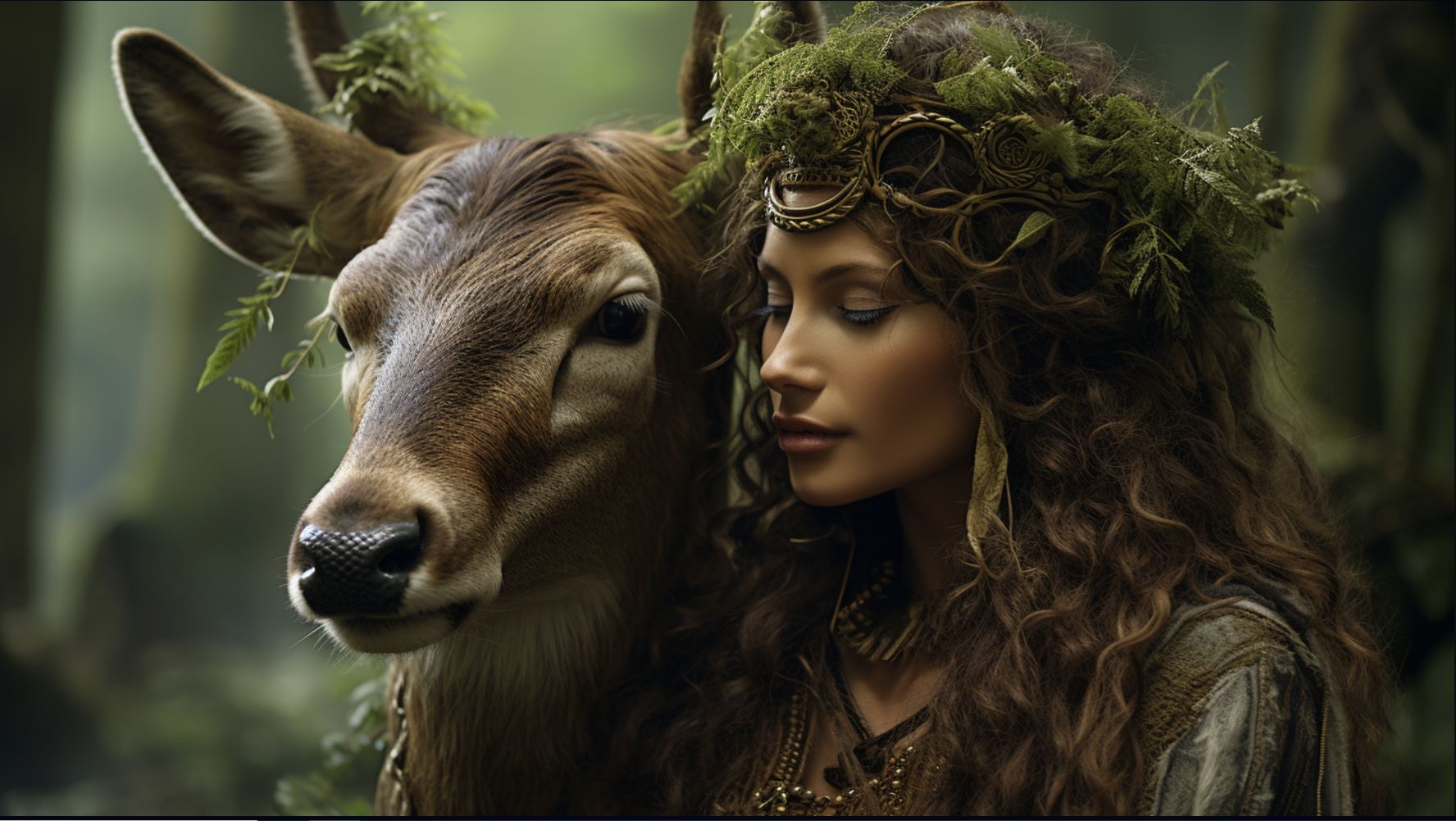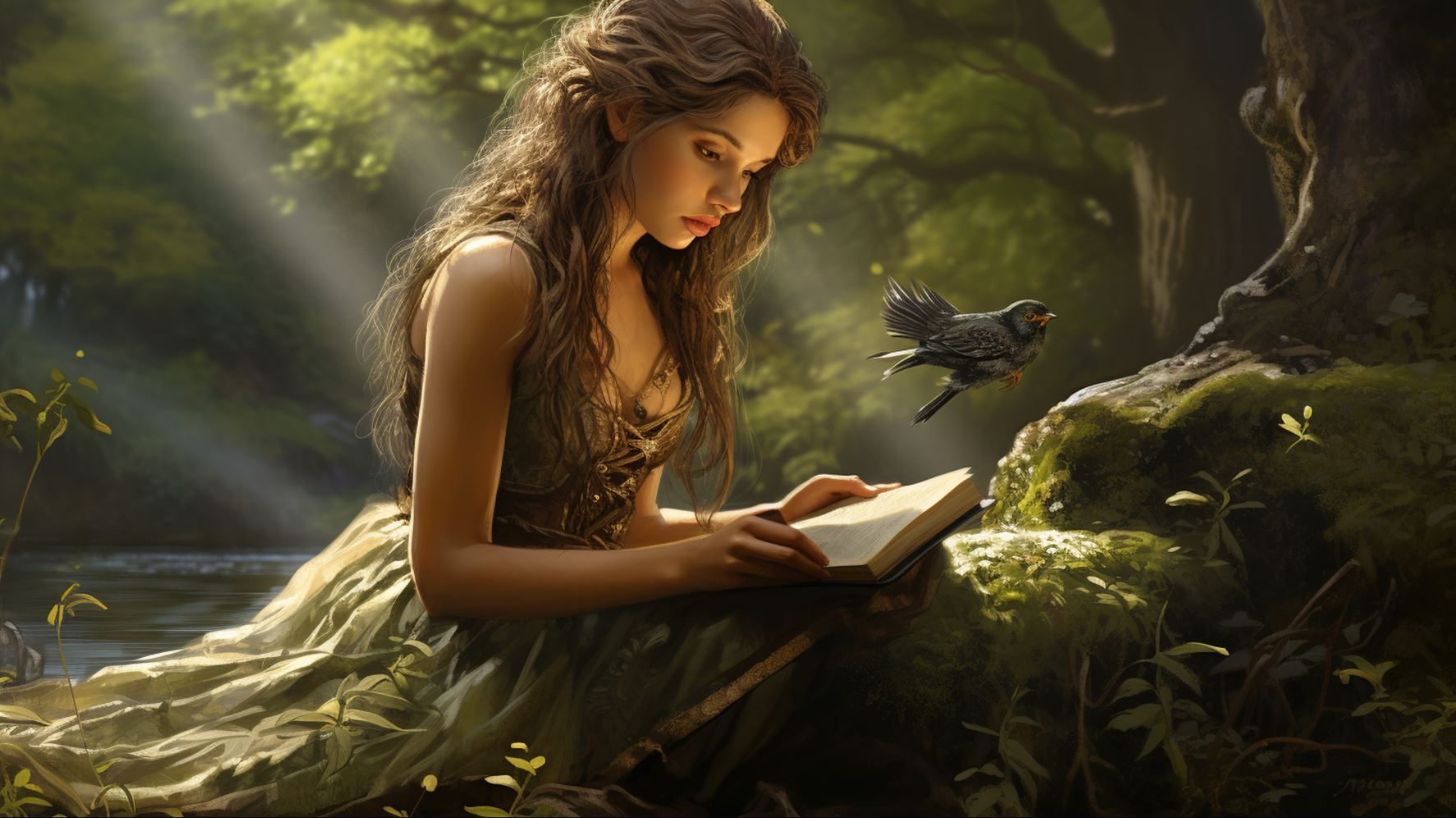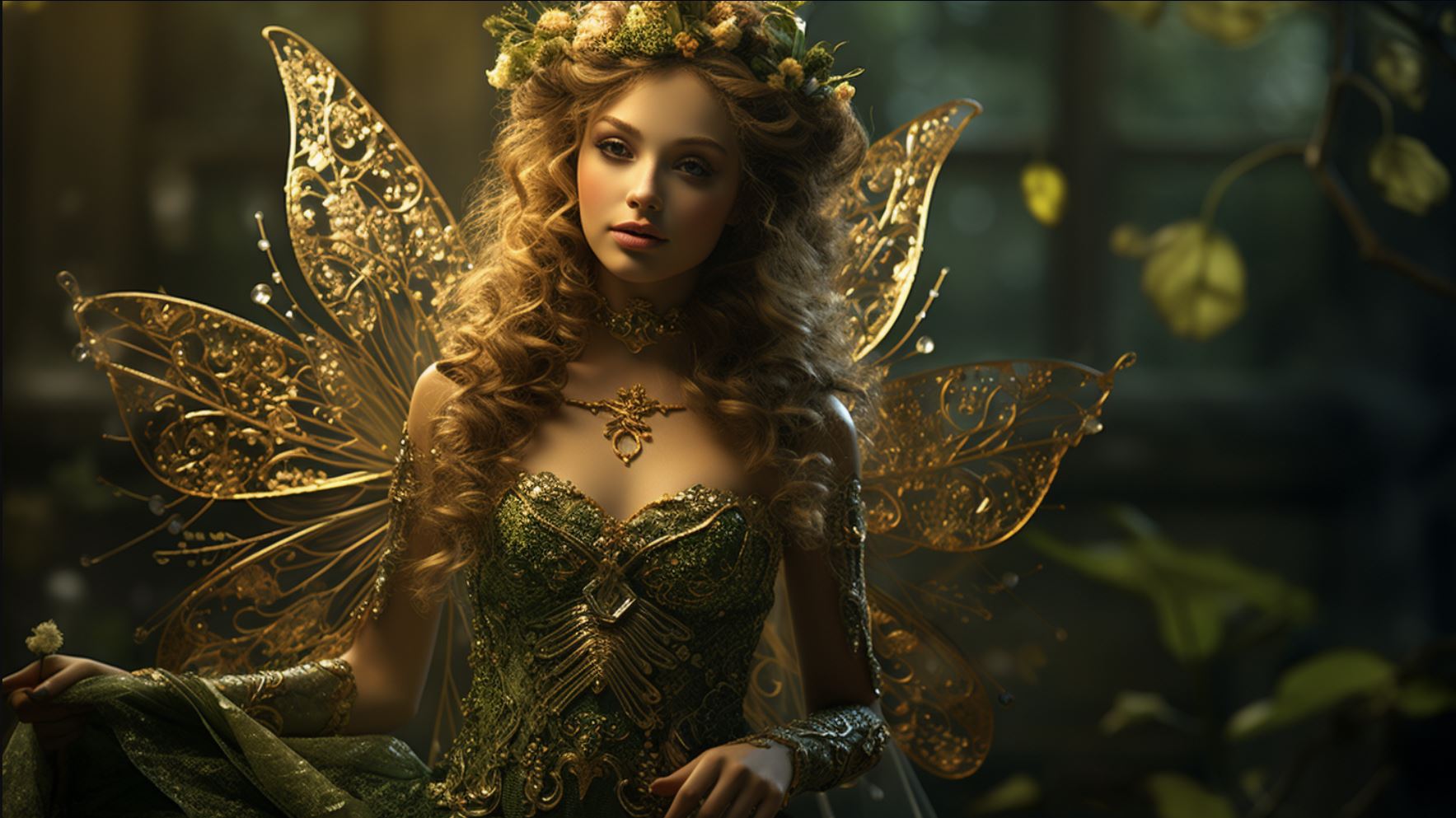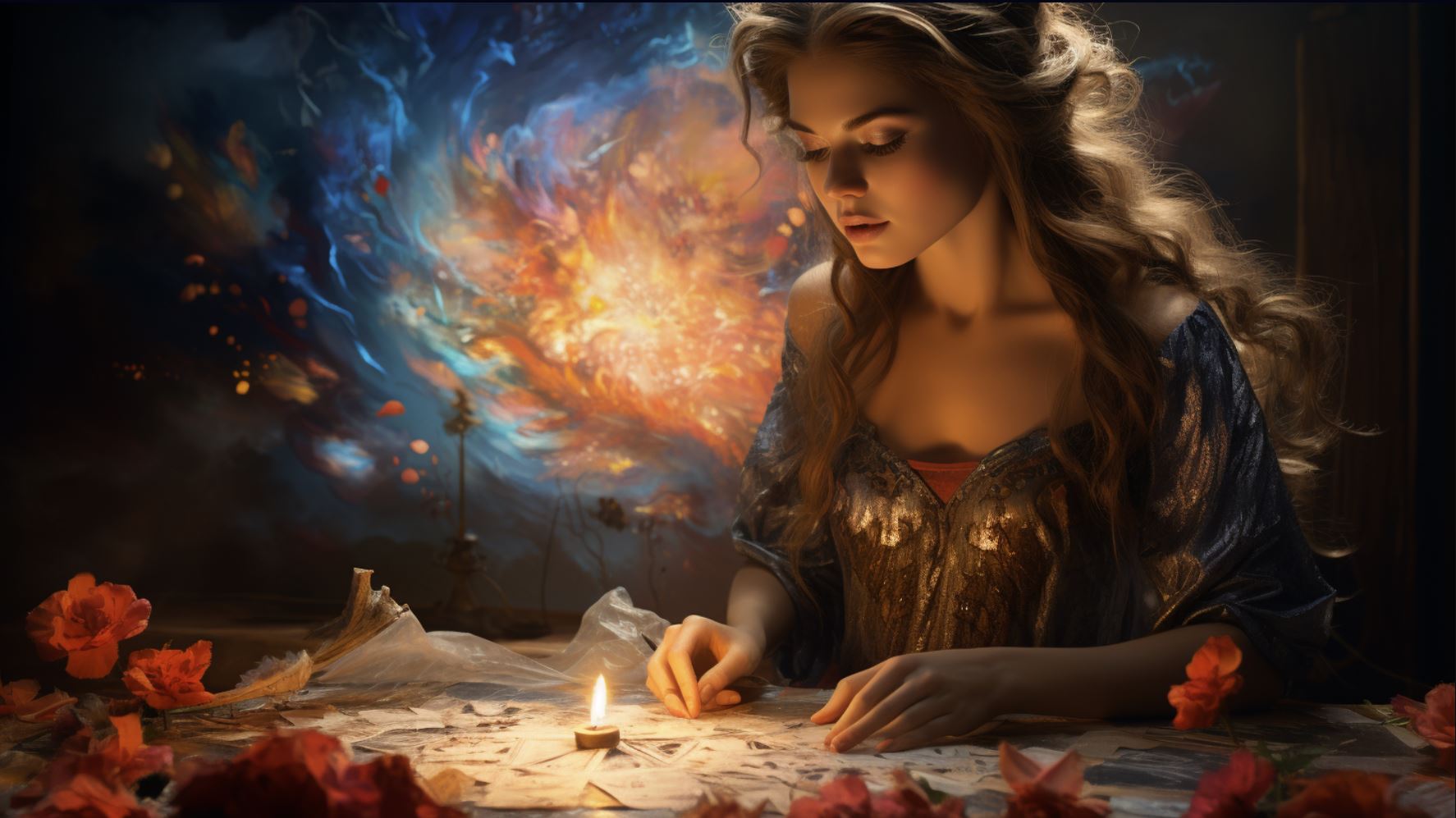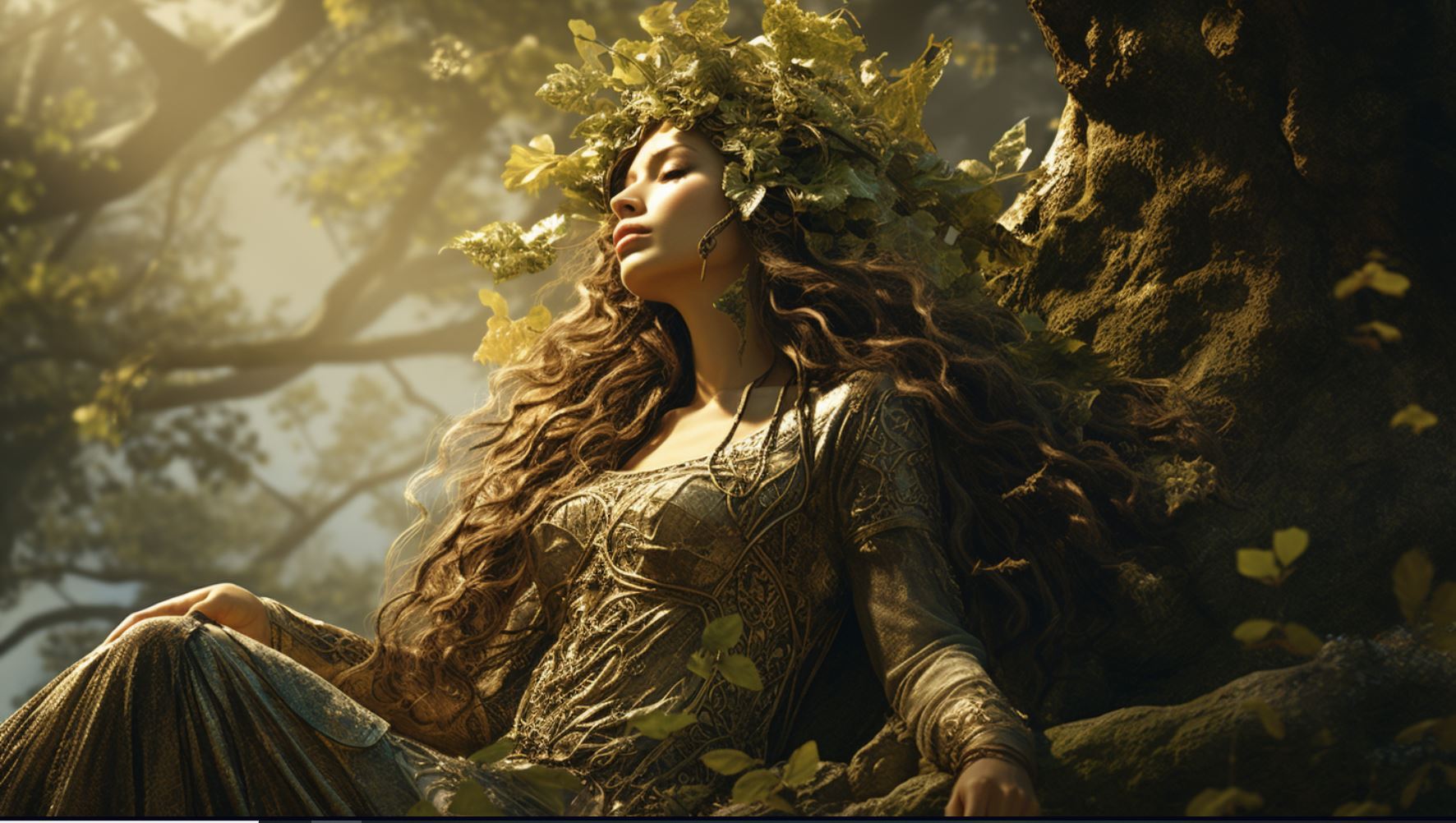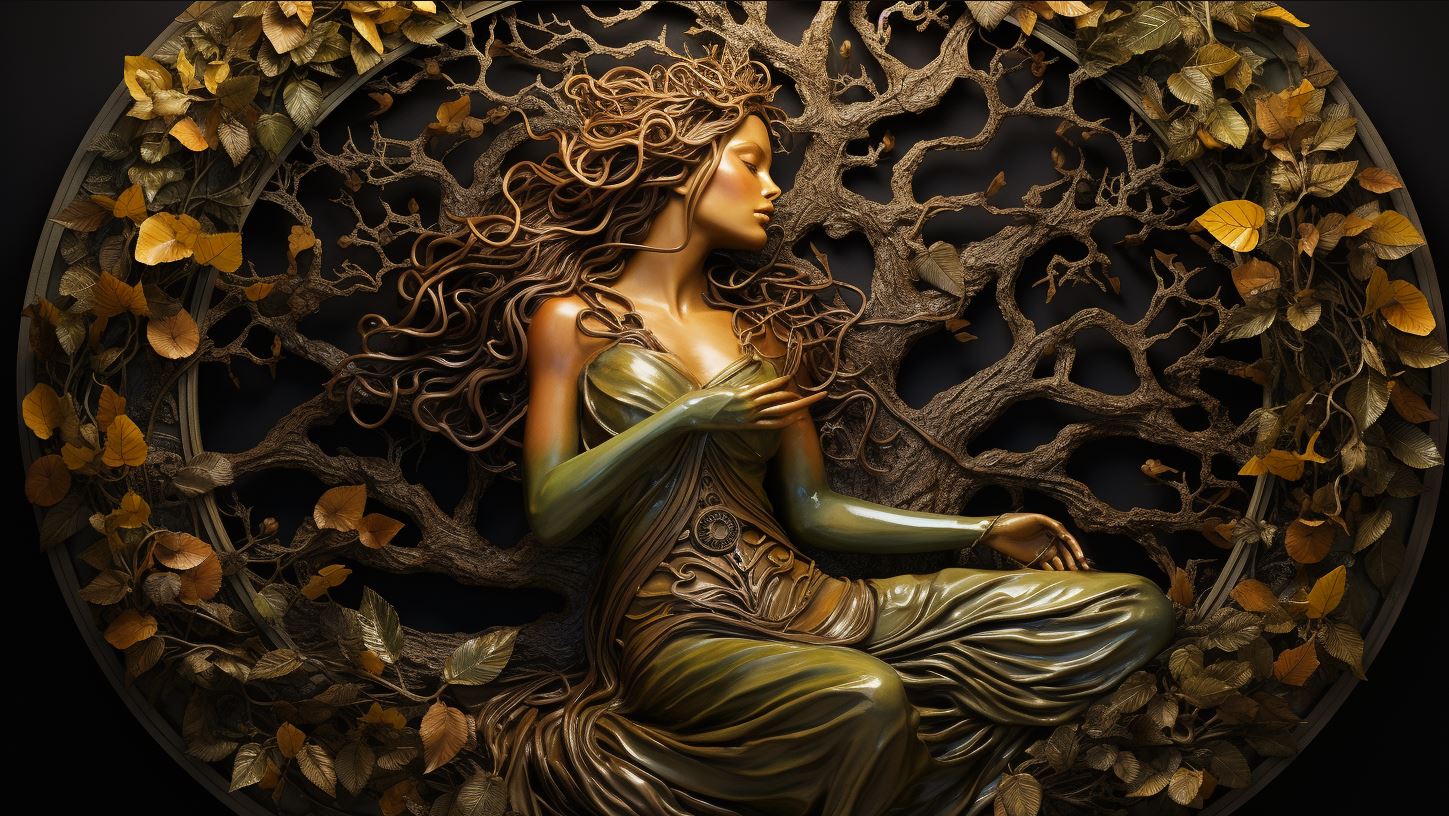Macha Celtic Goddess: Unveiling the Power and Mysteries of the Celtic War Goddess
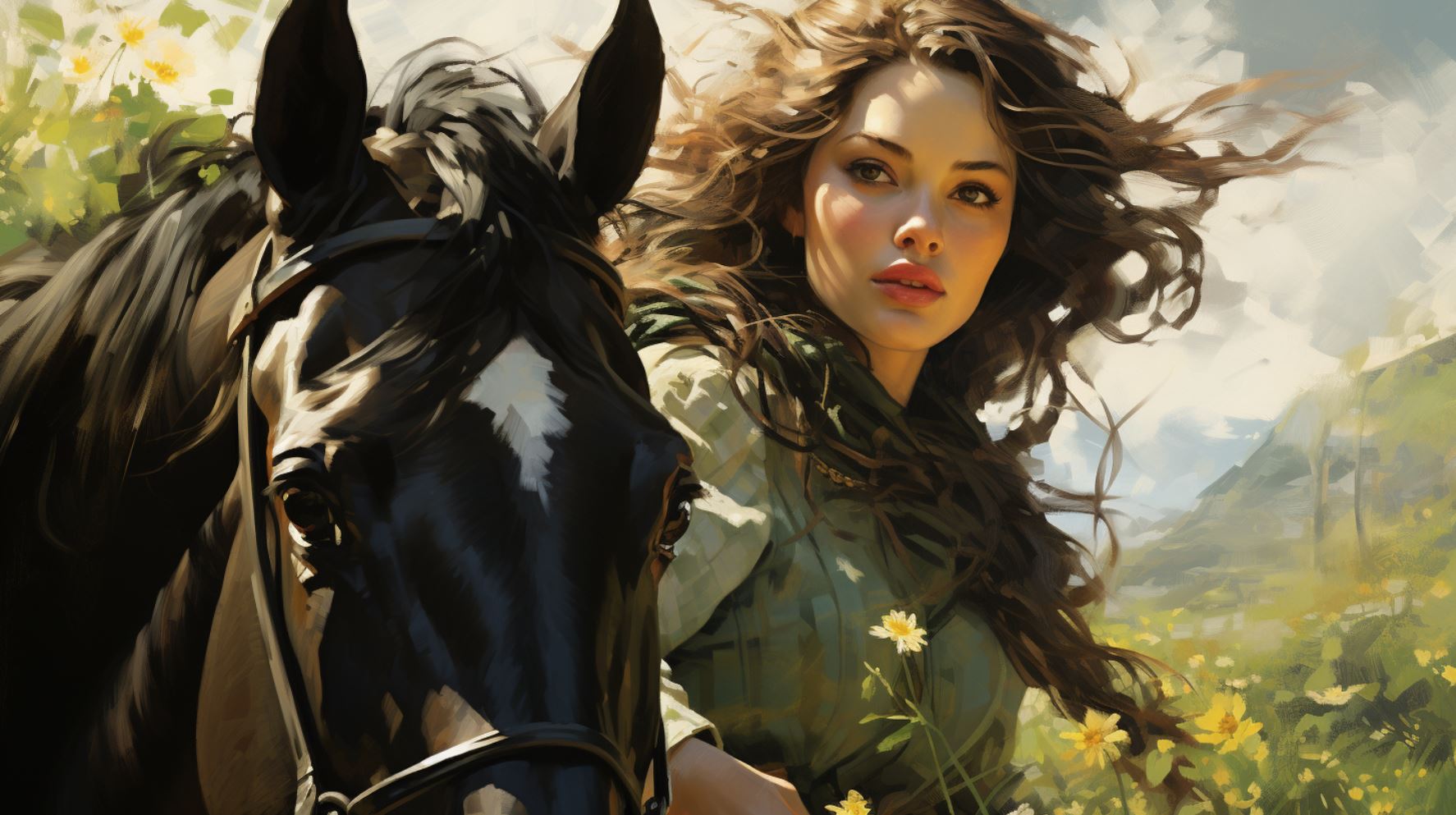
The Macha Celtic Goddess holds a prominent role in Celtic mythology, embodying the attributes of war, fertility, and royalty. Associated with horses and the power of the land, Macha’s tales have captivated generations.
This article explores her mythical origins, her marriage to Criomhthann and subsequent reign as queen, as well as her prowess in battles. Discover the enduring legacy and influence of Macha in modern Celtic practices, including the symbolic significance of horses in her lore.
Delve into the enchanting world of the Macha Celtic Goddess.
The Origins of Macha Celtic Goddess
The Macha Celtic Goddess is a captivating figure deeply rooted in Celtic mythology.
Her hallowed origins are shrouded in ancient tales passed down through generations, intertwining the realms of myth and legend. These mythical tales, rich in symbolism and intrigue, offer glimpses into the divine nature of Macha and her significance in Celtic folklore.
The Mythical Tales of Macha
One of the most renowned stories surrounding Macha tells of her extraordinary speed and endurance. According to legend, Macha raced against the horses of Ulster and emerged victorious, showcasing her supernatural abilities.
This feat established her as a formidable force, captivating the imagination of the Celts and solidifying her status as a divine being.
Celtic Mythology: The War Goddess
As a prominent deity in Celtic mythology, Macha is intrinsically linked to the concept of war and battle. Revered as a fierce and fearless warrior, she embodies the courage and strategic prowess of ancient Celtic warriors.
With her unwavering determination and mastery of combat, Macha serves as a symbolic representation of the strength and resilience of the Celtic people.
Macha’s Association with Fertility and Horses
Beyond her warlike persona, Macha is also closely associated with fertility and horses, making her a multifaceted goddess. In Celtic belief, horses hold deep cultural significance as symbols of power, grace, and vitality.
Macha’s connection to horses highlights her role as a bringer of abundance and prosperity, ensuring the fertility of the land and the prosperity of its people.
Through her association with fertility and horses, Macha represents the interconnectedness of the natural world and the divine.
Her presence in Celtic mythology reveals the importance of balance and harmony in the cycles of life, emphasizing the reverence and respect ancient Celts held for the earth and its bountiful blessings.
By exploring the origins of the Macha Celtic Goddess, we gain insight into the profound mythology that shapes Celtic culture. From her mythical tales to her diverse attributes, Macha continues to captivate our imaginations and reminds us of the complex tapestry of beliefs woven into the rich fabric of Celtic heritage.
Macha: The Wife of a King
Macha, the powerful Celtic Goddess, was not only revered for her fierce warrior spirit and association with fertility, but she also had a notable role as the wife of a king.
Her marriage to Criomhthann, a brave and honorable ruler, was a union that held great promise for both Macha and the kingdom she would come to reign over.
Macha’s Marriage to Criomhthann
Macha’s marriage to Criomhthann was an alliance that brought together two influential figures in Celtic mythology.
With Criomhthann’s wisdom and Macha’s strength, their union symbolized the perfect balance of power and leadership. Together, they embarked on a journey to establish a prosperous kingdom that would stand the test of time.
The Tragic Fate of Macha’s Husband
However, fate had a cruel twist in store for Macha and Criomhthann. In a tragic turn of events, Criomhthann fell victim to a treacherous plot, leaving the kingdom devastated and Macha widowed.
The loss of her beloved husband was a heavy blow, but it ignited a fierce determination within Macha to protect her husband’s legacy and fulfill her role as a queen.
Macha’s Reign as Queen
As a grieving widow, Macha took on the mantle of leadership and ascended to the throne as the rightful queen.
With her unwavering strength and resilience, she proved herself to be a formidable ruler, guiding her kingdom through challenging times. Under her reign, the kingdom flourished, and Macha’s dedication to the well-being of her people earned her the admiration and respect of all.
Macha’s journey as the wife of a king was a testament to her indomitable spirit and unwavering commitment to her responsibilities. Despite the tragic loss she endured, she transformed her grief into triumph and left a lasting legacy as a queen who ruled with both grace and power.
Macha and Her Connection to War
The Macha Celtic Goddess is not only associated with fertility and royalty but also holds a prominent position as a warrior goddess. She embodies strength, valor, and strategic prowess in the battlegrounds.
Let’s delve deeper into some aspects of Macha’s role as a warrior goddess.
Macha as a Warrior Goddess
As a warrior goddess, Macha is a formidable force, feared and revered by many. She possesses unparalleled combat skills and is often depicted clad in armor, ready to defend her people and territories.
Macha represents the indomitable spirit of the Celtic warriors, inspiring them to face their enemies with courage and determination.
Strategic Guidance and Protection
In addition to her martial prowess, Macha also offers strategic guidance and protection to her devotees. It is believed that those who honor her in times of war gain valuable insights and tactics, enabling them to overcome their adversaries.
Warriors would often pray to Macha, seeking her guidance and blessings before heading into battle.
Stories of Macha’s Battles
Macha’s legendary battles are woven into the tapestry of Celtic mythology. Countless stories recount her heroic feats and triumphs in a variety of conflicts. From defending her people against invaders to leading armies to victory, Macha’s presence on the battlefield is awe-inspiring.
These tales serve as a testament to her fierce and unstoppable nature, solidifying her status as a symbol of strength and protection.
Whether it be leading armies into battle, offering strategic guidance, or engaging in individual combat, Macha’s connection to war showcases her multifaceted nature and her unwavering commitment to protecting her people and their lands.
Macha’s Legacy and Influence
The captivating tales of Macha, the Celtic war goddess, have left an enduring legacy that continues to influence modern Celtic practices. From her mythical origins to her association with fertility and horses, Macha’s name holds deep significance in the realms of spirituality and folklore.
Let us explore the different facets of her legacy and the profound impact she has had.
Macha in Modern Celtic Practices
In today’s world, Macha’s presence can be felt in various aspects of Celtic spirituality. Many individuals draw inspiration from her warrior spirit, tapping into her strength and determination for personal empowerment and success.
Her connection to fertility also endures, with ceremonies and rituals dedicated to invoking her blessings for abundant harvests and the growth of new life. Macha’s name continues to resonate within the Celtic community, reminding people of their ancestral heritage and the power of the divine feminine.
The Significance of Macha’s Name
Macha’s name holds deep symbolic meaning, representing victory, protection, and the fires of transformation. Derived from the ancient Celtic language, her name is a reflection of her attributes and the qualities she embodies.
The mere utterance of Macha’s name invokes a sense of strength and resilience, reminding us of her fierce protection and unwavering determination in the face of adversity.
The Symbolism of Horses in Macha’s Lore
Horses hold a special place in the lore of Macha, serving as symbols of her power, speed, and connection to the natural world.
They represent her association with the land, fertility, and the earth’s primal energy. The Celtic tradition of equestrian rituals and equine-inspired ceremonies pays homage to Macha’s affinity for these majestic creatures.
By harnessing the symbolism of horses, individuals seek to channel Macha’s energy and invoke her blessings for strength, victory, and protection.
- Macha’s legacy in modern Celtic practices encompasses her warrior spirit, fertility associations, and her enduring presence within the community.
- Her name symbolizes victory, protection, and transformation, evoking a sense of strength and resilience.
- Horses hold deep symbolism in Macha’s lore, representing her power, speed, and connection to the primal energies of the earth.
- Celtic rituals and ceremonies inspired by horses honor Macha’s affinity for these majestic creatures and seek to tap into her energy for various purposes.
.











